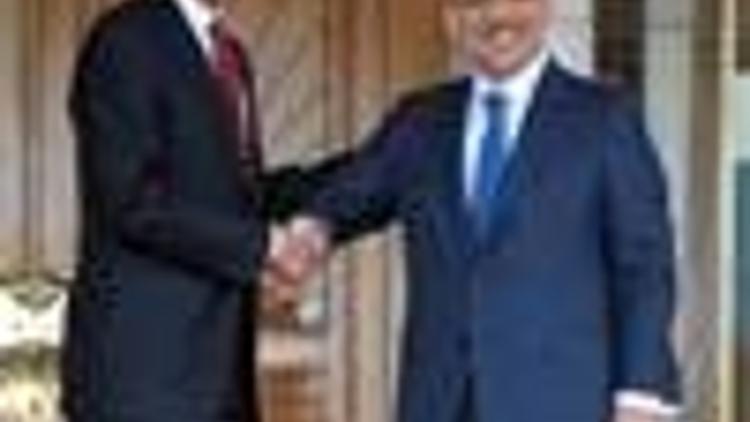by Fatih Cekirge*
Oluşturulma Tarihi: Mayıs 25, 2009 13:29
ANKARA - Turkish President Abdullah Gul warned U.S. President Barack Obama on Afghanistan by citing the historic examples of three empires that collapsed in the Central Asian country, diplomatic sources said.
Obama held contacts with Turkish officials in the capital Ankara in early April during his first overseas visit as the president. Obama met Gul as well as Prime Minister Tayyip Erdogan.
Diplomatic sources said Gul expressed Turkey's uneasiness over the policies of the Bush administration and extended warnings, especially on Pakistan.
"The Bush administration had made major mistakes on Afghanistan and Pakistan by pursuing only force and suppression policies. You will stick in the region if you continue to do so," Gul told Obama, according to the diplomatic sources. He also shared his sides view with the U.S. President on Iran, Iraq and Syria, the sources said.
During the meeting Gul also recalled that three empires, Alexander the Great, Great Britain and the Soviet Union, fell into difficulty in Afghanistan, the sources added.
The messages given by Obama suggest "a new era will begin" in Turkish-American relations, according to the sources and officials in Ankara.
Turkey is likely to take on the role of being the greatest support to the new U.S. administration regarding various conflicting issues awaiting President Barack Obama, diplomatic sources said.
FOUR POLICY AREAS
There are four policy areas Ankara expects closer cooperation with Washington: the Pakistan crisis, the Syria-Israel conflict, Iraq and Iran.
The Pakistan crisis emerges as the most urgent and leading concern for the United States, and diplomatic sources say the Turkish officials delivered messages from the Pakistani side to the U.S. and NATO.
Pakistan launched a military offensive against Taliban militants in the Swat valley and neighboring regions earlier this month, triggering concerns over the security of a nuclear power station in area.
Another conflicting issue remains in the Middle East. The peace talks between Syria and Israel, under Turkey's auspices, were cut after Israel launched air and ground operations against Hamas in Gaza in late December 2008.
Gul paid an official visit to Syria where President Bashar Assad told hurriyet.com.tr that they see Turkey as the only reliable mediator in the conflict. That perception puts Turkey in a key position in the peace process in the Middle East.
Even though it is unlikely that Turkey will take on the same role as it does in the Syria-Israel conflict in the international dispute over Iran's nuclear program, Ankara could still play an important role due to its close ties with Tehran as well as Washington.
IRAQ AND KURDISH ISSUE
In the other hot spot of the Middle East, the U.S. closely monitors Turkey's moves regarding its relations with the administration in northern Iraq as it preparations start for the withdrawal of troops.
Turkey's contacts with the regional administration continue as part of efforts to end the terror organization PKK.
Ankara had long refused to hold direct talks with the regional administration blaming it for supporting and harboring PKK terrorists.
*Fatih Cekirge is the editor-in-chief of Hurriyet internet operations.
To contact the author of the story, please send e-mail to fcekirge@hurriyet.com.tr.


